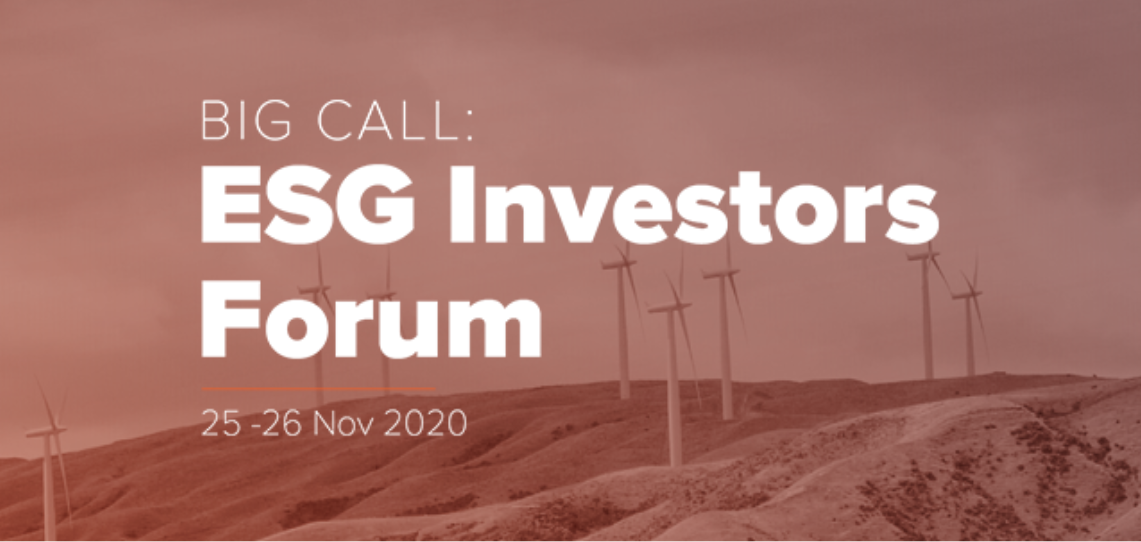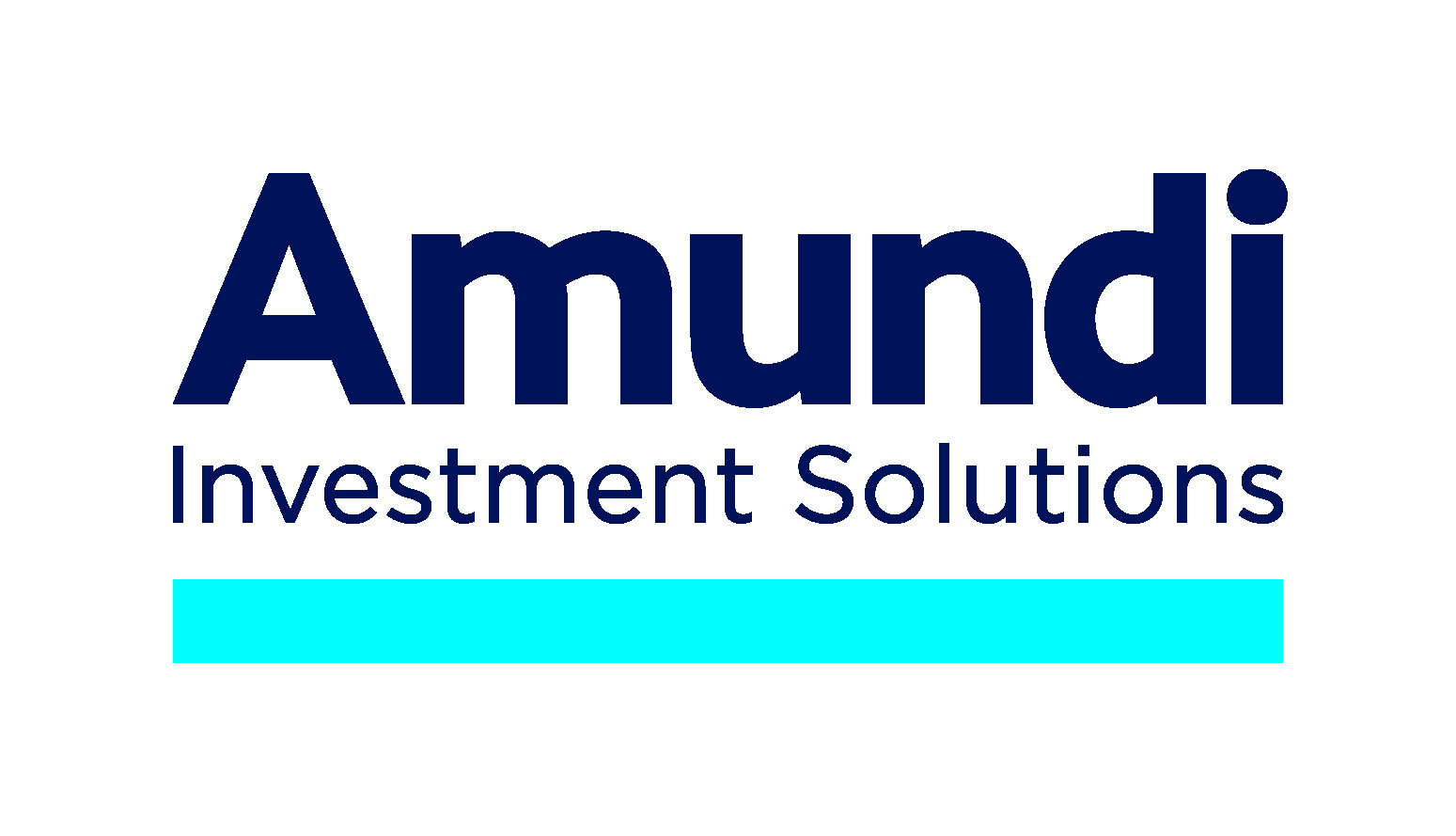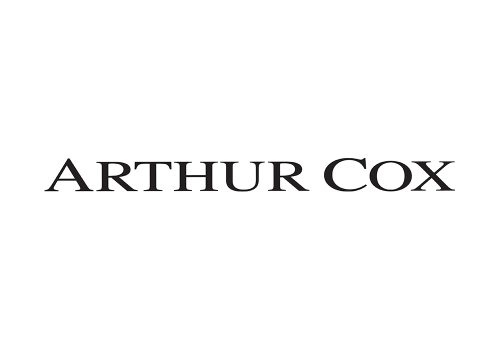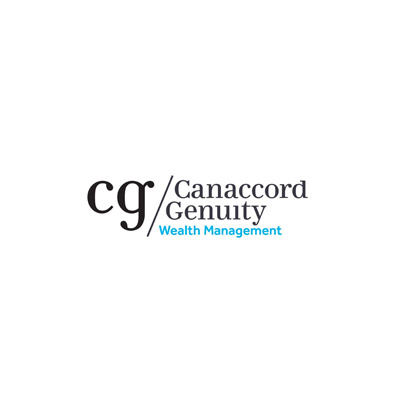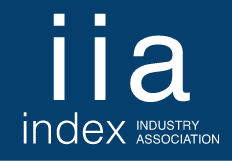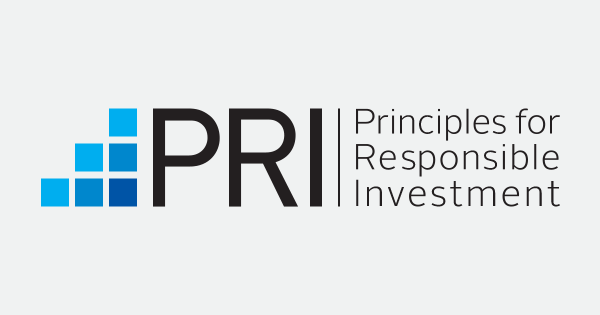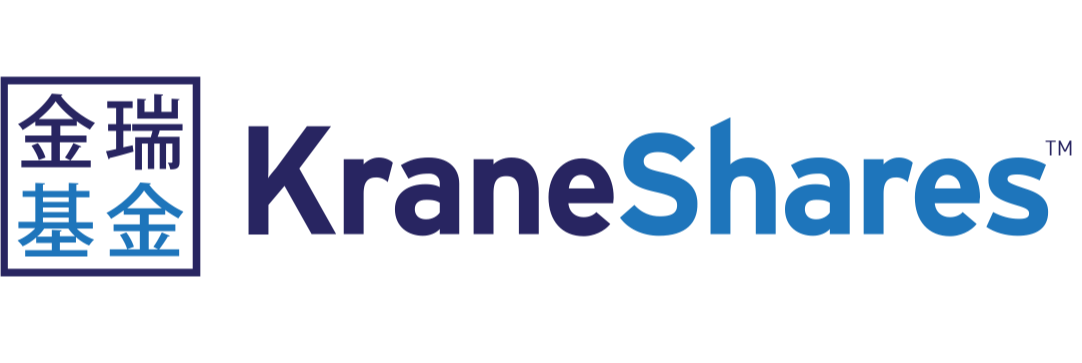ETF Stream’s final event of the year, Big Call: ESG Investor Forum, took a deep dive into sustainable and ethical investment trends that have taken the European ETF market by storm in 2020.
The event analysed what ESG strategies have become most popular this year, what regulatory and policy implementations have been enabling the growth and what the space can expect in the future.
Product innovation has significantly developed throughout 2020 as various new ETFs come to market and with that, so do the assets. In October, 90% of Europe’s ETF inflows went into ESG products, highlighting the investor appetite for sustainable solutions.
One issuer which has made notable launches within the ESG ETF space this year is Amundi. Laurent Trottier, global head of ETF, indexing and smart beta management at Amundi, kicked-off the event with an opening keynote, discussing the compatibility of ESG and ETFs.
He explained the common misconception that ESG requires an active management approach by explaining how investors can be ‘ESG active with ETFs’.
Voting policies have to be deployed across the whole spectrum of ESG strategies, from financial-only to impact-only while engagement policy is required for financial, responsible and sustainable strategies.
Trottier continued by encouraging investors to choose a manager that is aligned with their values or ESG goals.
“I strongly believe that it is very important to check the voting and engagement policy of the asset managers to know whether they are aligned with their own values.”
Following the keynote was a one-to-one interview with Elsa Pau, CEO of WealthAsia Group, conducted by Arun Kelshiker.
Covering the Asian market, Pau demonstrated how products have developed from the initial active ESG investments which first came to the market to the more impact-focused, thematic investments on both the passive and active side.
There are some challenges within the ESG market as the new wave of investors that are wanting to have a more positive impact on resolving environmental and ethical problems are competing against the more traditional investment leaders, according to Pau.
“There is also the problem of the lack of information and standards,” Pau continued. “The conversion is slow, but we are seeing more of the second generation of investors striving for ESG in whatever asset classes they are investing and ETFs for sure are the more cost-efficient instrument to achieve this.”
Big Call: Fixed Income: ETFs pass their final test
One factor that has been enabling similar sort of growth in Europe is the adapting regulations to the market which was discussed in the following panel with Deborah Yang, Tara O’Reilly of Arthur Cox and Rick Redding of the Index Industry Association.
One of the most important reasons regulators are now looking at this space is because investors are becoming increasingly exposed to greenwashing, according to O’Reilly.
“When we hear of greenwashing practices, the role of the regulator is to level the pitch and to ensure investors are getting what they understand," she said. “Additionally, they need to find a way to create an understood taxonomy so they can compare products.”
A lot of the focus at the moment within ESG is on equity while Redding believes that not enough is being considered within fixed incomes.
“If you have your mandate and believe in your principles, why would you restrict it to just equity,” he suggested. “A recent annual survey by the IIA found that ESG indices grew by 40% this year with fixed income being the fastest growing.”
These developments have been highly prominent within Europe, however, ESG adoption within the US has been slower in comparison.
Yang explains the Donald Trump period of presidency along with most of America has shown a lot of resistance to ESG, but this is starting to look more optimistic given Joe Biden’s plans to re-sign the Paris Agreement now he has been elected.
The Paris Agreement has been the backbone of a number of ranges of ESG ETFs that have been launched in 2020 which look to align with the climate change of 1.5°C.
The next panel discussion explained the recent climate ETF products that have come to market and the Paris-Aligned Benchmark (PAB) and Climate Transition Benchmark (CTB) frameworks they track that was launched by the European Commission.
Elena Philipova, global head of ESG proposition at Refinitiv and member of the European Union’s Technical Expert Group, said regulatory guidance on climate benchmarks is necessary to facilitate the inflow of capital into green assets in tandem with reducing the risk of greenwashing.
Her views were echoed by Matt Brennan, head of passive portfolios at AJ Bell, who forecasted further regulatory-driven ESG indexing would help further the adoption of sustainable investing.
Climate change ETFs: What is all the fuss about?
Currently, investors face the problem of studying each providers' ESG standards and methodology which all differ due to the data they use.
“The way these climate ETFs come in compliance with the regulator is good because it creates consistency,” Brennan said.
Franklin Templeton was one issuer that launched a range of climate ETFs over the summer which includes the PAB label. Rafaelle Lennox, vice president and senior ETF product specialist at Franklin Templeton, has seen the firm’s clients showing a preference for the higher ambition Paris-aligned ETFs and hopes these can be sustainable core solutions for investors.
The first day was concluded by a closing keynote by Athanasios Psarofagis of Bloomberg Intelligence. He reiterated how Europe is seen to be the leaser within the ESG ETF space not just in assets but also in product development but the US is starting to gain momentum.
“Growth rates from even a year ago, global ESG ETFs are up 70% from last year,” Psarofagis highlighted. “While the US and Europe have seen growth rates in excess of 100%, as the category matures and the assets grow to higher levels, the growth rates will naturally plateau.”
Looking at categories within ETFs, ESG has a very small market share of 0.8% behind thematic with 1.6% and smart beta with 19.6%, according to Psarofagis, which suggests there is a lot more room for growth.
The second day began with an interview with Alex Edmans, professor of finance at London Business School. who analysed what companies are doing, and needing to do, to improve the societal and governance part of their businesses.
Research by Edmans found that treating employees well should not be treated as a luxury during crises and pandemics but rather it pays off even in a downward trending market. Therefore, the typical idea that companies should be focusing on survival during a crisis is now dated and should be considering the welfare of employees consistently.
He continued by stating investors should be doing their due diligence and not only analyse the carbon emissions, water usage and employee harming incidents of a company, but also how they are actively creating value.
An example he uses is car manufacturer Mercedes which used its engineers at the beginning of the coronavirus pandemic to design ventilators. While this is benefiting society, this would not have any impact on its ESG scores and could easily be overlooked by investors.
The next panel looked into the development of the fixed income ESG ETF space in Europe Xavier Desmadryl of HSBC Global Asset Management highlighted how the fixed income space as a whole is one of the biggest trends this year.
Within ESG however, he continues by explaining how it is easy to incorporate and engage with corporate fixed income ESG ETFs however becomes challenging within government bonds.
Toby Belsom of PRI picked out another two trends that have been of interest in the market and are to watch next year which are transparency along with the emphasis that governments have placed on their economical covid recovery plans and the connection with broader development goals such as the Paris Agreement.
Engagement was a frequently discussed topic throughout the event and Nutmeg’s James McManus said the new issuance of debt being released by governments along with the European Union’s new structure for issuing debt is the perfect opportunity for investors to collaborate and influence some of the engagement discussions with issuers.
The asset class is certainly growing its market share, both in ETFs and ESG, however, the following panel saw Patrick Thomas of Canaccord Genuity Wealth Management state how he thinks its very much an equity story.
He continued by saying the drivers that have been influencing investors and boosting the equity ESG space have not been the same extent within fixed income and alternatives.
The current strategies investors are taking to incorporate ESG into their portfolios are not the most optimal way of producing returns, according to Thomas. Selecting companies simply by their ESG scores will not produce the same returns as impact strategies and considerations of the UN Sustainable Development Goals.
Dan Kemp of Morningstar Investment Management dissected the type of investors and what ESG strategies they are looking for. He said there are people who are wanting to align their values with their portfolios but this is a small group in the grand scheme of things.
He added that institutional investors and advisors looking to cut off the risk of sustainable developments are more likely to be the way forward.
The event concluded with Dr. Xiaolin Chen of KraneShares presenting the growing focus on sustainability and ESG practices in China.
International investors have increased accessibility to the Chinese market, both in equity and fixed income, and with this, comes encouragement for further growth in ESG development, according to Chen.
Over the past year, China A-Shares have been included in multiple global standard indices along with Chinese government bonds being incorporated in flagship global bond indices.
As a result of the China equity inclusion, KraneShares launched the KraneShares MSCI China ESG Leaders UCITS ETF (KESG) which is comprised of the highest ESG scoring companies in the country. This is becoming increasingly more competitive as domestic investors and issuers are increasingly incorporating ESG considerations in their decision making.
